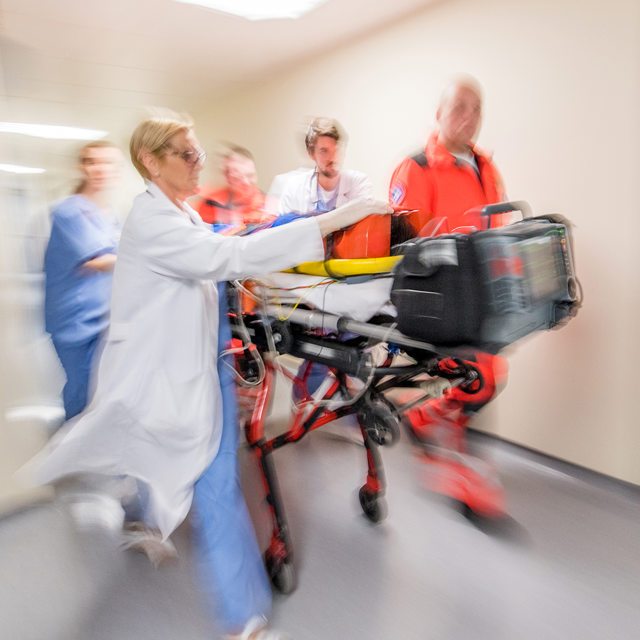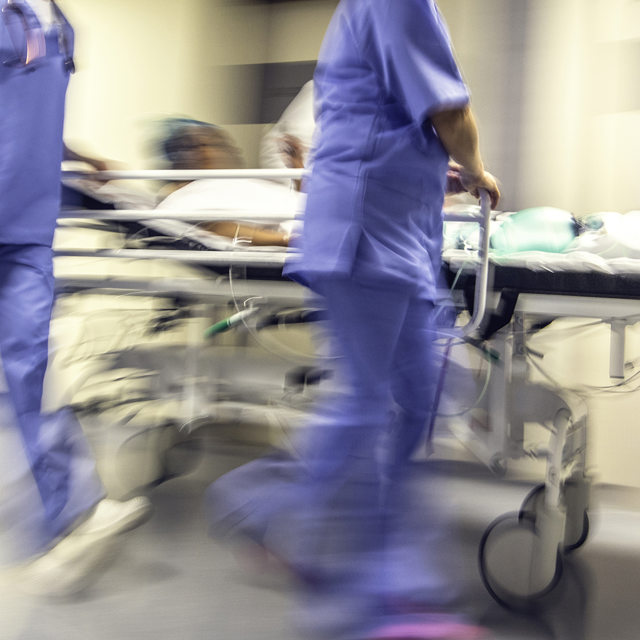
Penn Highlands Emergency Room
Closest ER for Fast Emergency Care Services!
From serious accidents and severe stomach pain to cardiac arrest and stroke, Penn Highlands provides emergency care you can count on across Northwestern/Central and Southwestern Pennsylvania. Our Pennsylvania emergency room doctors and their teams are experts at treating patients experiencing serious illness or injury. Penn Highlands offers emergency care services with the closest ER to you in Pennsylvania.
Penn Highlands Emergency Room
The Penn Highlands emergency rooms across Pennsylvania are here when you need help. But it isn't always easy to know when your condition is serious. Broken bones hurt, but do they require emergency care? What about abdominal pain? Allergic reactions?
If you think your condition requires immediate treatment, call 911 or get to the closest ER or Penn emergency room. Unsure? Read below for some guidelines on when to seek emergency care. If you still can't decide, call or head to the ER. It's better to be safe than sorry.
If you do not require emergency medical care but need to see a healthcare provider for urgent care, Penn Highlands also offer our QCare Walk-In Clinics.

Emergency Medicine
Emergency Department - Connellsville
Emergency Department- Tyrone

Emergency Medicine
Emergency Department - Connellsville
Emergency Department and Trauma Center- DuBois

Emergency Medicine
Emergency Department - Clearfield
Emergency Department - Huntingdon
Emergency Department - State College
Emergency Department and Trauma Center- DuBois
Emergency Department- Tyrone

Emergency Medicine
Emergency Department - Connellsville
Emergency Department - Mon Valley



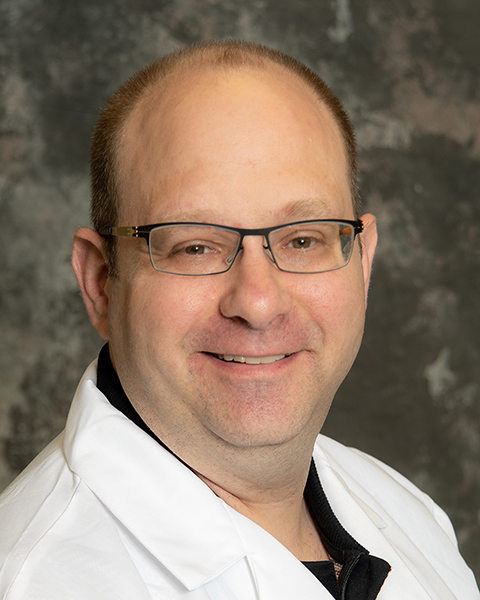

Emergency Medicine
Emergency Department - Elk
Emergency Department and Trauma Center- DuBois


Emergency Medicine
Emergency Department - Clearfield
Emergency Department and Trauma Center- DuBois
Huntingdon Emergency Group PC
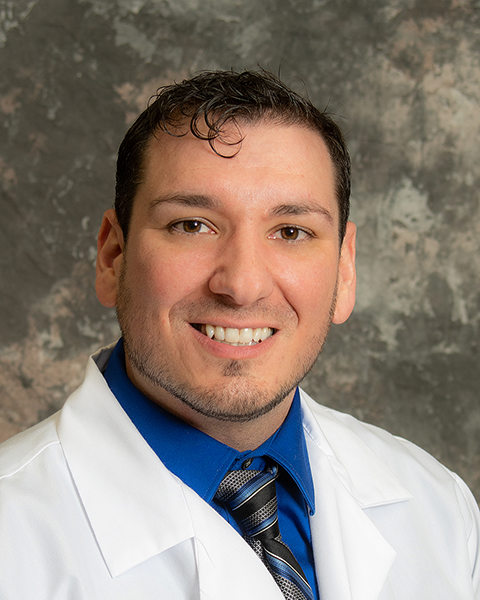
Emergency Medicine
Emergency Department - Clearfield
Emergency Department - State College
Emergency Department and Trauma Center- DuBois
Emergency Department- Tyrone


Emergency Medicine
Emergency Department - Brookville
Emergency Department - Clearfield
Emergency Department - Elk
Emergency Department and Trauma Center- DuBois
Emergency Department- Tyrone



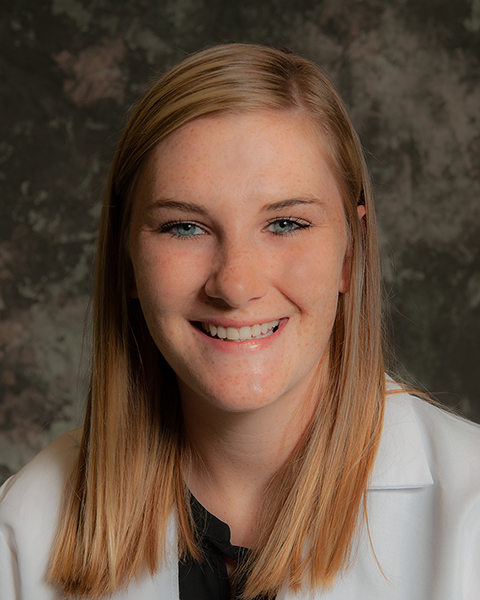
Emergency Medicine
Emergency Department - Clearfield
Emergency Department - Elk

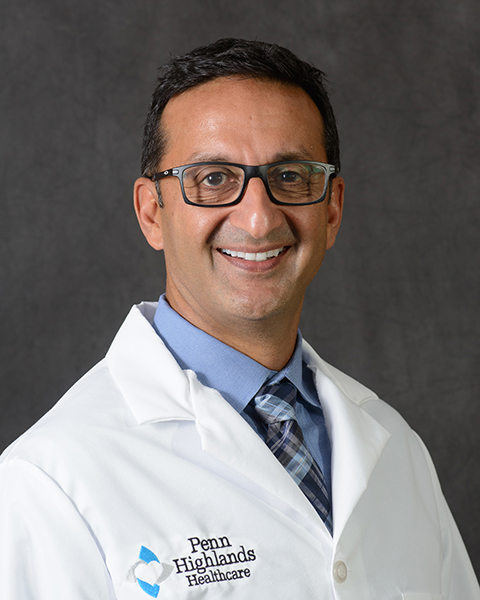

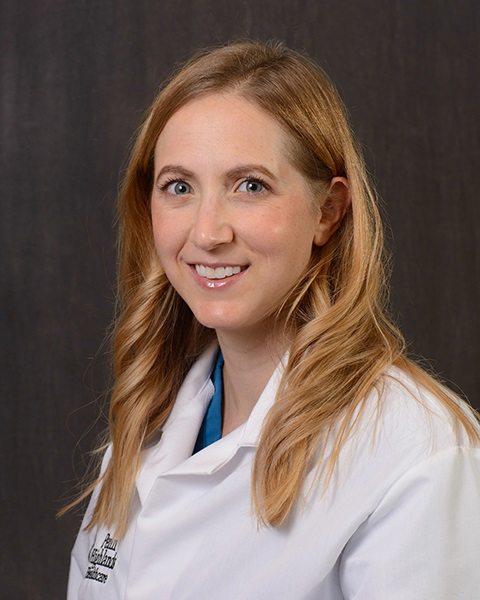

Emergency Medicine
Emergency Department - Brookville
Emergency Department and Trauma Center- DuBois
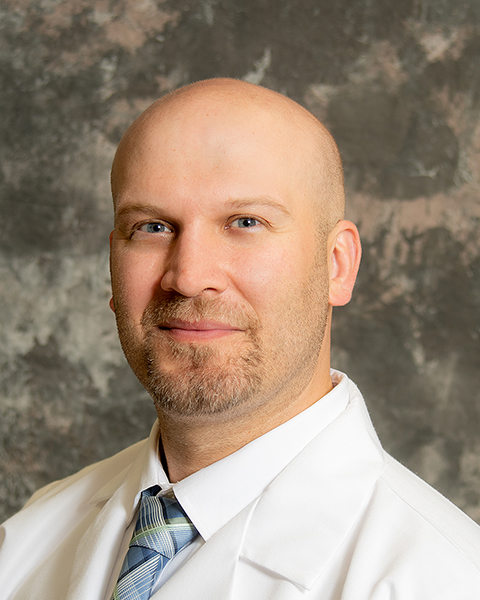
Emergency Medicine
Emergency Department - Brookville
Emergency Department - Elk
Emergency Department - Huntingdon
Emergency Department - State College
Emergency Department and Trauma Center- DuBois
Emergency Department- Tyrone

Emergency Medicine
Emergency Department - State College
Emergency Department- Tyrone

Emergency Medicine
Emergency Department - Brookville
Emergency Department - Clearfield





Emergency Medicine
Emergency Department - Brookville
Emergency Department and Trauma Center- DuBois
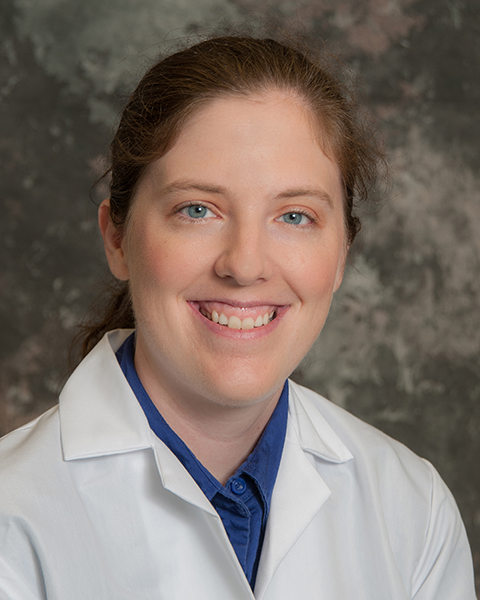





Emergency Medicine
Emergency Department - Huntingdon
Emergency Department - State College
Emergency Department- Tyrone
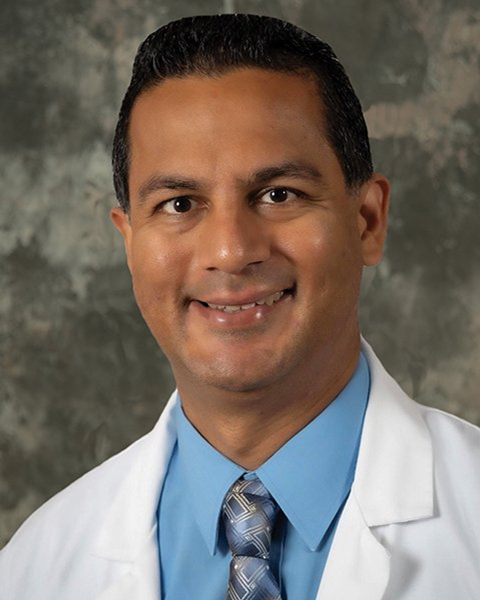
Emergency Medicine
Emergency Department - Huntingdon
Emergency Department- Tyrone

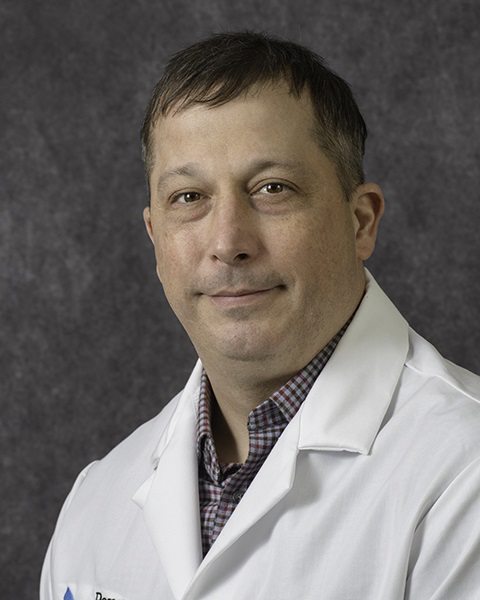
Emergency Medicine
Emergency Department - Connellsville
Emergency Department - Mon Valley

Emergency Medicine
Emergency Department - Huntingdon
Emergency Department - State College
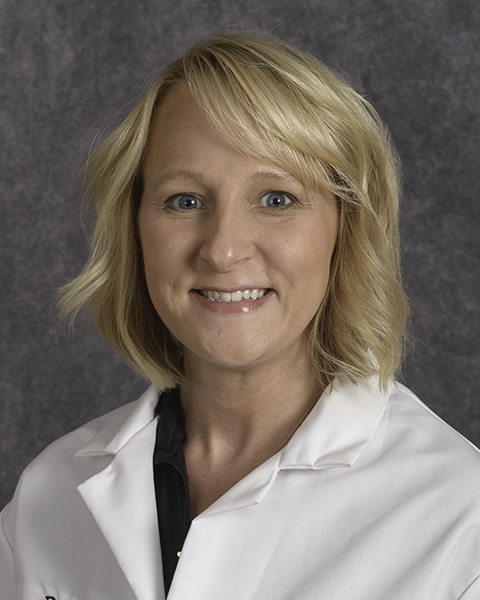
Emergency Medicine
Hospitalists
Emergency Department - Mon Valley
Penn Highlands Mon Valley

Emergency Medicine
Emergency Department - Elk
Emergency Department and Trauma Center- DuBois


Emergency Medicine
Emergency Department - Huntingdon
Emergency Department - State College
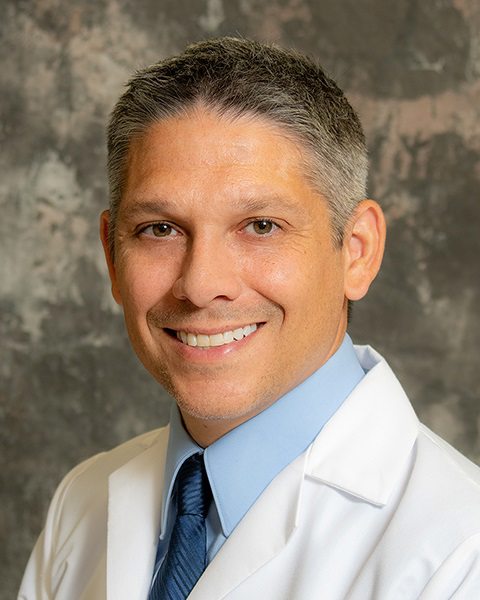
Emergency Medicine
Emergency Department - Huntingdon
Emergency Department - State College
Emergency Department- Tyrone
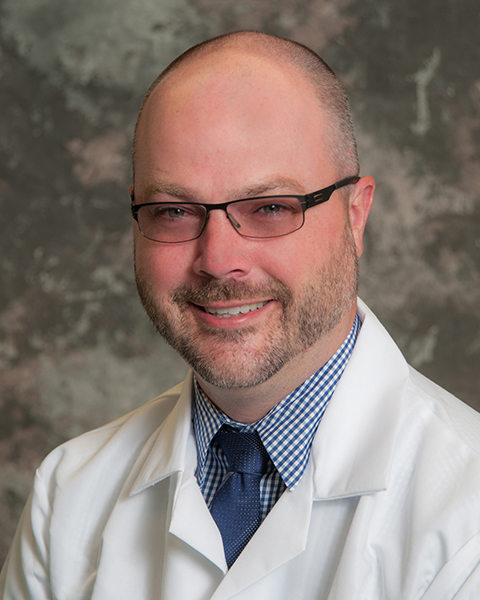
Emergency Medicine
Emergency Department - State College
Emergency Department and Trauma Center- DuBois

Emergency Medicine
Emergency Department - Brookville
Emergency Department and Trauma Center- DuBois

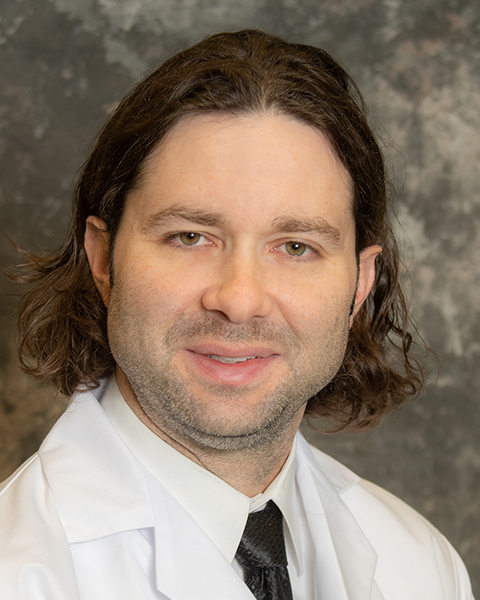
Emergency Medicine
Emergency Department - Elk
Emergency Department and Trauma Center- DuBois

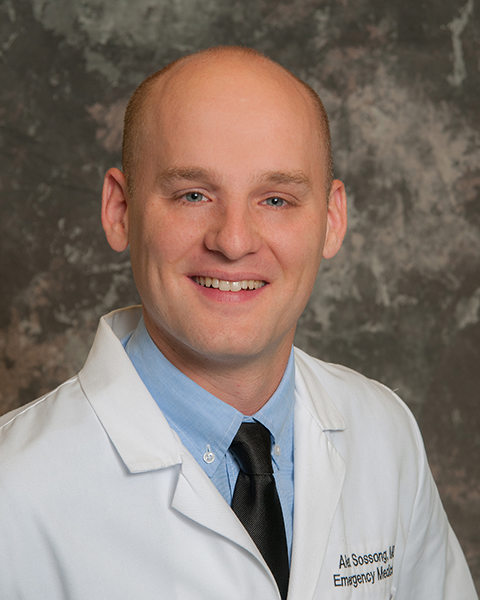

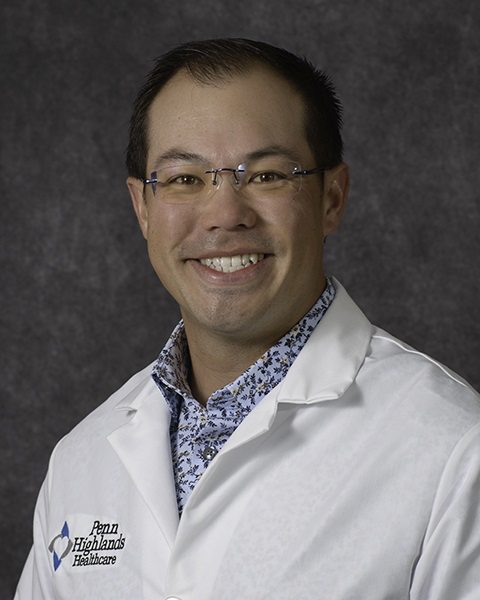


Emergency Medicine
Emergency Department - Huntingdon
Emergency Department - State College
Emergency Department and Trauma Center- DuBois
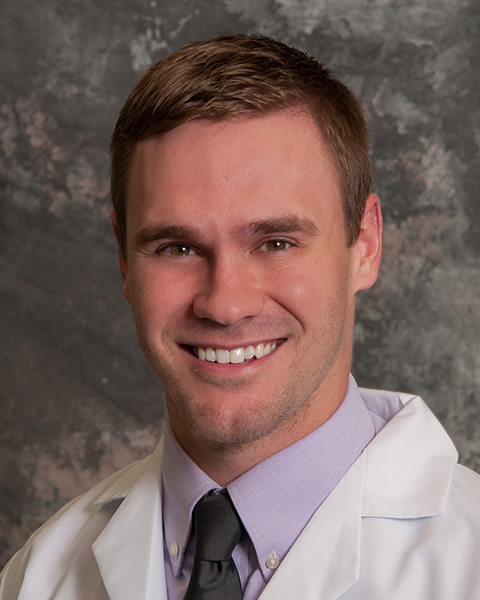
Emergency Medicine
Emergency Department - Clearfield
Emergency Department - Elk
Emergency Department and Trauma Center- DuBois

Emergency Medicine
Emergency Department - Connellsville
Emergency Department - Mon Valley

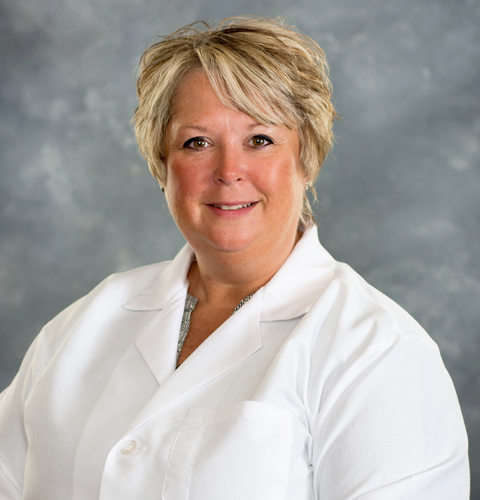
Emergency Medicine
Walk-in Clinic
Huntingdon Emergency Group PC
QCare HuntingdonA Service of Penn Highlands Huntingdon

Emergency Medicine
Emergency Department - Brookville
Emergency Department - Clearfield
Emergency Department - Elk
Emergency Department and Trauma Center- DuBois
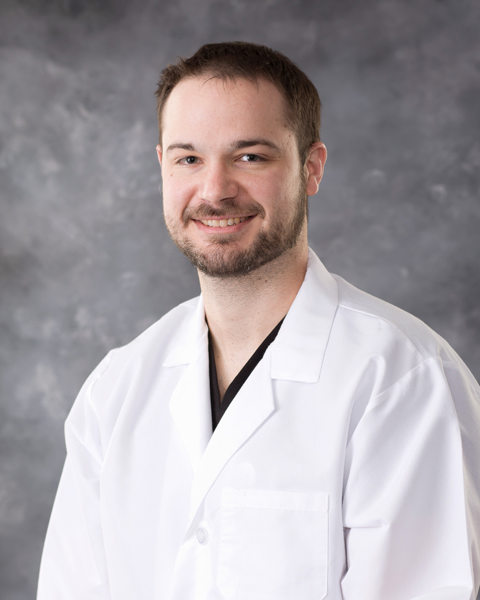
Emergency Medicine
Emergency Department - Clearfield
Emergency Department - Huntingdon
Where Can I Find Emergency Care Services Near Me?
When looking for emergency care services of PA, If you think your condition requires immediate emergency care, call 911 or get to the closest ER. The Penn Highlands hospitals across Pennsylvania provide top emergency care services. Our highly trained emergency physicians, providers, nurses, and staff provide 24-hour urgent care for all medical emergencies, 365 days a year. We treat people of all ages—adults and children—regardless of ability to pay.
Located on the second floor of Penn Highlands Brookville, the Emergency Department offers 24-hour emergency care to patients suffering from serious illnesses or injuries.
Located on the first floor of Penn Highlands Clearfield, the Emergency Department offers 24-hour emergency care to patients suffering from serious illnesses or injuries.
Located on the first floor of Penn Highlands Connellsville, the Emergency Department offers 24-hour emergency care to patients suffering from serious illnesses or injuries.
Located on the first floor of Penn Highlands Elk, the Emergency Department offers 24-hour emergency care to patients suffering from serious illnesses or injuries.
Located on the first floor of Penn Highlands Mon Vally, the Emergency Department offers 24-hour emergency care to patients suffering from serious illnesses or injuries.
OPENS SUMMER 2024
Located on the first floor of Penn Highlands State College, the Emergency Department offers 24-hour emergency care to patients suffering from serious illnesses or injuries.
Located on the first floor of Penn Highlands DuBois, the Emergency Department offers 24-hour emergency care to patients suffering from serious illnesses or injuries.
Located on the first floor of Penn Highlands Tyrone, the Emergency Department offers 24-hour emergency care to patients suffering from serious illnesses or injuries.
What Types of Emergency Care does Penn Highlands Offer?
Penn Highlands provides emergency care services at each of our central Pennsylvania hospitals. Emergency medical care includes diagnosing and treating medical conditions or injuries that are either life-threatening or could cause long-term health issues or permanent disabilities. These include, but are not limited to:
Pediatric emergency care: Infants, toddlers, children, and teens need specialized emergency care to address their unique needs (and growing bodies). Our Penn Highlands emergency care services for pediatric patients ensures your child’s emergency is remedied by our team of expert physicians and doctors.
Abdominal emergency care: Stomach pain is one of the most common causes to seek emergency care. While abdominal pain can typically be remedied at home, you should consider visiting a Penn emergency room if you have severe pain, are pregnant, have a fever, have pain specific to one side, feel faint or dizzy, or have these abdominal symptoms.
Emergency heart care: Chest pain can be life-threatening so if you experience chest pain that comes and goes or if it lasts for more than a few minutes, you should call 911 or go to the nearest Penn emergency room. Penn Highlands Healthcare offers a range of emergency heart care, including medication, heart catheterization, or cardiac surgery.
Emergency stroke care: At Penn Highlands, our emergency rooms are staffed with expert ER physicians who quickly assess signs of stroke, order and analyze blood and imaging tests, and recommend the best line of treatment, which may include clot-busting medications or surgery. Typically, stroke patients are assessed within an hour to ensure proper emergency care and to minimize any potential side effects of stroke.
Trauma care: Trauma includes anything that could result in death, including serious injuries from car accidents and head trauma. Penn Highlands hospitals can provide care to many types of traumatic injuries and area also equipped to stabilize patients and transfer you to the nearest trauma center, if necessary.
Emergency tests: Optimal emergency care involves a range of emergency lab and advanced medical imaging tests. All Penn Highlands emergency care centers offer full lab and imaging capabilities.
What Type of Conditions Require Emergency Care?
Many people are concerned about going to an emergency room either because they don’t “want to be a bother” or they are not sure their problem needs emergency care. We want you to know that you are never a bother at Penn Highlands emergency rooms—we would rather you use precaution and seek care than experience something that could threaten your life. In general, call 9-1-1 or go to the closest Penn emergency room if you are experiencing any symptoms that are sudden, intense, and cause you extreme concern.
Call 911 or visit one of our Penn emergency rooms for:
- Symptoms of a heart attack, including chest pain and shortness of breath
- Symptoms of a stroke, including face droopiness, arm weakness, and slurred speech
- Broken bones that pierce the skin or cause severe pain
- Difficulty breathing
- Loss of consciousness
- Severe abdominal pain
- Severe allergic reaction
- Uncontrolled bleeding
- Sudden, severe headache
- Other serious illnesses or injuries
Know the Signs of Heart Attack and Stroke!
These conditions are the leading cause of death and disability in Pennsylvania and people often don’t seek care because they or their families don’t know the symptoms. Download our pocket guides for Heart Attack Signs and Stroke Signs now and post them in your home and keep them in your wallet so that you’re never caught not knowing.
Does Penn Highlands have a Walk-In Clinic near me?
If your medical condition is concerning but does not require emergency care, you have several options for walk-in care at Penn Highlands. You should always start with contacting your primary care provider. However, if you do not have a PCP or cannot get an appointment, please consider:
Penn Highlands QCare Walk-In Care If you need to see a primary care provider now—but your condition is not life-threatening—QCare provides walk-in clinics for minor injuries and illnesses. Staffed by nurse practitioners and physician assistants, QCare walk-in clinics are a great option when your primary care office is closed or you can’t get an appointment as quickly as you would like. QCare Walk-In clinics are ideal for non-emergency medical issues such as:
- Back pain
- Bladder infections
- Coughs, colds, sinus problems
- Earaches
- Fever
- Flu-like symptoms
- Minor aches and pains
- Minor cuts and abrasions
- Minor eye problems
- Rashes
- Sprains
- Tick and insect bites
- Vomiting
Penn Highlands QCare Now If you need to see a primary care provider but can’t (or don’t want to) leave your home, consider QCare Now. This telehealth service gives you 24/7 access to a primary care provider. QCare Now is especially appropriate for these conditions:
- Cold, cough, fever,chills, sore throat
- Vomiting
- Runny nose, itchy eyes, hives
- Earaches
- Pink eye, eye drainage
- Skin conditions (rashes, minor burns)
- Pain, burning during urination; increased frequency of urination
- Sprains and strains
- Acute back pain
What is the Difference Between Emergency Care vs. Walk-in Care?
While any medical condition can be scary and confusing, typically you only need emergency care if you:
- Are experiencing any signs or symptoms of a heart attack or stroke.
- Are losing a lot of blood and can’t stop the bleeding.
- Have experienced trauma to the head or spine.
- Have sudden, intense pain.
- Can’t breathe or have a sudden very high temperature.
However, these are not the only signs of an emergency medical condition, so if you have any signs that are sudden, severe and worry you, either call 911 or one of our Penn Highlands emergency rooms for advice.
When you have a medical concern that needs to be treated soon but is not a medical emergency or you are not able to see your primary care provider, it’s best to visit a Penn Highlands QCare walk-in clinics, including Penn Highlands QCare Walk-In Care or Penn Highlands QCare Now.
If it’s not an emergency, consider getting care at the Penn Highlands QCare Walk-in Clinics.
Download our pocket guide When To Call 911.
How Do I Know if I Need Emergency Care Services?
Knowing whether or not you need emergency care services can be tricky. When in doubt, head to the emergency room. If you have time to assess your situation, the best criteria to determine whether or not you should seek emergency care services or, instead, head to your primary care physician or an urgent care are:
- Is it life threatening?
- Is breathing abnormal or compromised?
- Is there uncontrollable bleeding?
- Do you suspect a heart attack or stroke?
- Is there lack of consciousness?
If you can answer “yes” to any of the above, call 911 or go to your closest emergency room.
If you still can’t decide, call or head to a Penn emergency room. It’s better to be safe than sorry.
When are Penn Highlands Emergency Rooms Open?
All of our central Pennsylvania emergency care centers are open 24/7 every day of the year to provide immediate emergency care for you and your family. To reduce costs and keep wait times to a minimum, if you have a non-emergent condition, we invite you to visit any of our QCare Walk-In Care clinics.
What Types of Emergency Diagnostic Services do Penn Emergency rooms offer?
Optimal emergency care provides a range of emergency lab and advanced medical imaging tests. All Penn emergency care centers offer full lab and imaging capabilities. Our experienced Penn Highlands ER doctors use tests and advanced medical imaging tests to help diagnose various conditions in the emergency room.
Blood tests are highly common and check for the following:
- Infection
- Anemia
- Dehydration
- Drug or alcohol overdose
- Pregnancy
- Heart problems
A blood test also may be conducted to check your blood type. This is done if there’s a chance you may require a transfusion because of a trauma or surgery.
Depending on your symptoms, your ER doctor may order an X-ray exam or ultrasound, or advanced medical imaging, such as an MRI, CT scan or PET scan. Imaging tests check for many different things, including:
- Broken bones
- Soft tissue injuries
- Internal bleeding
- Kidney stones and gallstones
- Heart function
- Intestinal blockages
- Ovarian torsion
- Appendicitis
How will the ER Doctor Determine what’s Causing my Symptoms?
Emergency doctors use a variety of methods to determine how to provide the best emergency care. They’ll start by asking you a range of questions about the onset of your symptoms and to describe your symptoms. They will conduct a physical examination — often they can spot a problem such as heart attack or stroke within seconds just based on your symptoms and presentation. They’ll also ask about your medical history. They may order lab tests to check for signs of infection, dehydration and anemia. They also may order an X-ray, ultrasound, or advanced medical imaging, such as a CT scan or PET scan. These tests check for heart problems, broken bones, internal bleeding, kidney stones, appendicitis, and other conditions. Your ER doctor will use all the information gathered from these exams to provide you with a diagnosis and treatment plan for your emergency care.
What Should I Bring with Me to an Emergency Clinic near me?
When visiting any of our Penn emergency rooms, please bring with you:
- A form of identification
- Your insurance card
- A form of payment. We offer convenient payment options including cash, check or credit card. Insurance co-payments can be checked and are due at time of service.
Will My Insurance Pay for My ER Visit?
Every insurance plan is different, and we recommend understanding your plan and any restrictions when you secure your insurance rather than waiting to understand your coverage when you need emergency care services. Penn Highlands Healthcare accepts most insurance plans. We will bill your insurance directly. All copays and deductibles will apply, and payment will be expected at the time of service.
Why Choose Penn Highlands for Emergency Care Services?
Penn Highlands Healthcare offers full-service emergency care services at each of our hospitals throughout Pennsylvania. Available 24/7 every day of the year, our ERs are equipped and staffed for complex and critical needs, including life-threatening circumstances ranging from stroke and heart attack to injuries following a traumatic accident.
Are there any Virtual Options for Emergency Care Services?
If you need emergency care, you should be seen in person at a Penn emergency room or the closest ER. For times when you need advice but could benefit from staying home, consider QCareNow. Our virtual care platform gives you 24/7 access to a healthcare provider online so you can get on the fast track to getting better. All you need is a smartphone, tablet, or computer with a webcam. We use the latest video technology to deliver secure, face-to-face care and consultation, without you having to go to a walk-in clinic. Learn more about QCareNow and download the app for when you need it.



